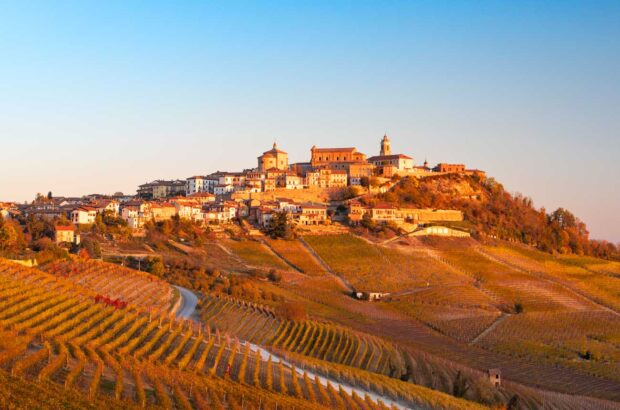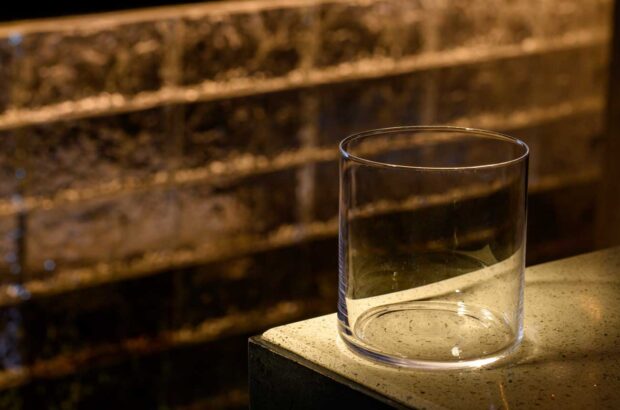Was Serge Renaud the man who sold 1.38 billion bottles of wine in the USA? No, but he helped.
When the celebrated edition of the US TV show Sixty Minutes called ‘The French Paradox’ was aired on November 17th 1991, wine consumption in the USA was running at 196 million 9-litre cases per year. In 2011, it crested 311 million cases (a difference of 1,035 million litres or 1,380 million bottles). The USA is now the biggest wine-consuming country in the world.
In the four weeks following the airing of the original programme, red wine sales in US supermarkets rose by 44 per cent. If the notion that moderate red-wine consumption is beneficial for health is generally accepted in the USA today, despite all the obligatory health warnings, the brief notoriety of Renaud and Dr Curtis Ellison (who also appeared in the programme, tucking into a decent meal in a lace-curtained Lyonnais bistro with presenter Morley Safer) was surely significant.
The ‘paradox’, of course, was that French citizens lived longer than American citizens despite eating a higher fat diet. They still do: French life expectancy between 2005 and 2010 was 80.7 years while USA life expectancy for the same period was 78.2 years. (Both figures, astonishingly, have increased by four years since the programme was aired.)
Renaud’s explanation was that the difference was due to alcohol consumption, and specifically red wine. Indeed he claimed in the programme segment devoted to this subject that “a moderate intake of alcohol prevents coronary heart disease by as much as 50 per cent.” Renaud himself managed to beat the national average handsomely, dying at his home between the Médoc and the Atlantic at almost 85 years old, on October 28th.
In France, he’s best known for his ‘Cretan diet’. He claimed that the ‘Cretan miracle’ was even more impressive than the French paradox, and that by basing their diet on bread, olive oil, nuts and vegetables, the Cretans achieve one of the lowest levels of heart disease in the world. Another Renaud study (on 36,000 French men over a 15-year period) showed that 2 to 4 glasses of red wine a day reduced the risk of coronary heart disease by 40 per cent.
Naturally, I am predisposed to look on all of this research with sunny gratitude. The notion that any one factor, though, ‘explains everything’ when you are considering an issue as complex as life expectancy, or even the more limited question of the relationship between diet and heart disease, strikes me as flawed. Per capita wine consumption in the eight countries which eclipsed France for life expectancy during 2005-2010 is, in every case except that of Italy, much lower than in France (the other countries were, in descending order, Japan, Israel, Iceland, Australia, Singapore, Spain and Sweden).
After two-and-a-half years of living in a semi-urbanised Languedoc village, my wildly unscientific observations about the French, red wine and life expectancy in general are as follows.
Almost no one here is actually interested in wine. For a convivial meal (with friends), it’s there; for an ordinary meal (with family), it isn’t. A €7 to €10 bottle of something local generally does the trick. Wine drinkers in France, though, do tend to be moderate drinkers, and consume wine with food; alcoholics favour beer or pastis, while younger binge drinkers (yes, the French do that, too) prefer vodka.
Other advantages? The French eat two decent meals a day. They don’t graze and they don’t snack. They eat fresh food, not processed food. Almost nothing except dessert has added sugar.
The French (of all ages) also like exercise, and are rarely obese. They prefer going out in the evening to sitting at home watching telly. (No one has once mentioned a television programme or presenter to me, whereas in the UK this is the main subject of national conversation.) French salaried workers take a huge amount of restorative time off, and supplement that with fatuous strikes whenever possible. They also make more babies than any other EU nation except Ireland.
There is, though, a French paradox. Great wine, good food, an enviable quality of life and very fair life expectancy – yet no one seems very cheerful about it. Why on earth not?
Written by Andrew Jefford







